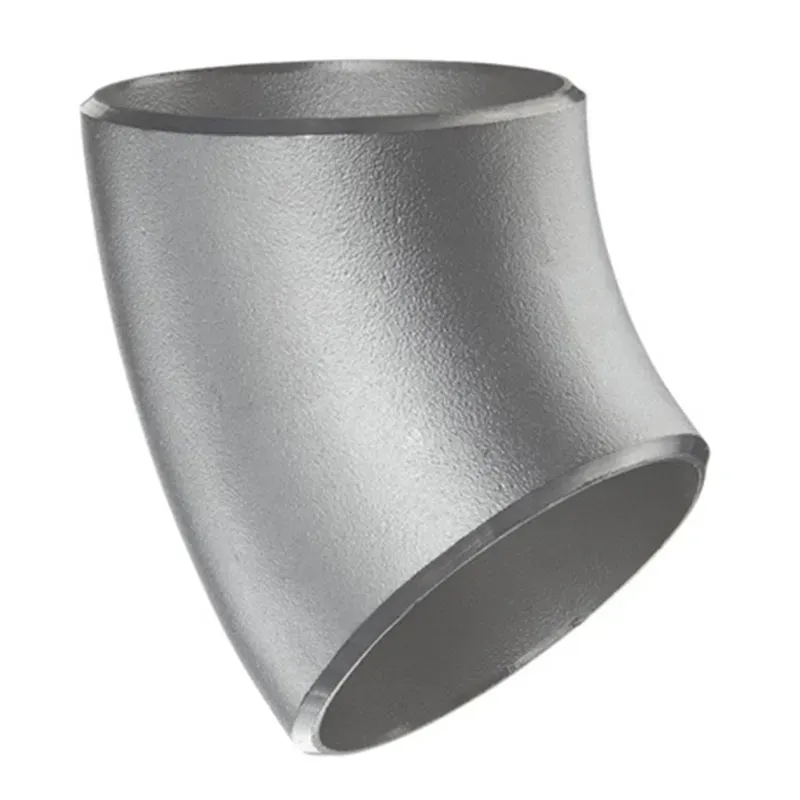-
Cangzhou Yulong Steel Co., Ltd.
-
Phone:
+86 13303177267 -
Email:
admin@ylsteelfittings.com
- English
- Arabic
- Italian
- Spanish
- Portuguese
- German
- kazakh
- Persian
- Greek
- French
- Russian
- Polish
- Thai
- Indonesian
- Vietnamese
- Zulu
- Korean
- Uzbek
- Hindi
- Serbian
- Malay
- Ukrainian
- Gujarati
- Haitian Creole
- hausa
- hawaiian
- Hebrew
- Miao
- Hungarian
- Icelandic
- igbo
- irish
- Japanese
- Javanese
- Kannada
- Khmer
- Rwandese
- Afrikaans
- Albanian
- Amharic
- Armenian
- Azerbaijani
- Basque
- Belarusian
- Bengali
- Bosnian
- Bulgarian
- Catalan
- Cebuano
- China
- China (Taiwan)
- Corsican
- Croatian
- Czech
- Danish
- Esperanto
- Estonian
- Finnish
- Frisian
- Galician
- Georgian
- Kurdish
- Kyrgyz
- Lao
- Latin
- Latvian
- Lithuanian
- Luxembourgish
- Macedonian
- Malgashi
- Malayalam
- Maltese
- Maori
- Marathi
- Mongolian
- Myanmar
- Nepali
- Norwegian
- Norwegian
- Occitan
- Pashto
- Dutch
- Punjabi
- Romanian
- Samoan
- Scottish Gaelic
- Sesotho
- Shona
- Sindhi
- Sinhala
- Slovak
- Slovenian
- Somali
- Sundanese
- Swahili
- Swedish
- Tagalog
- Tajik
- Tamil
- Tatar
- Telugu
- Turkish
- Turkmen
- Urdu
- Uighur
- Welsh
- Bantu
- Yiddish
- Yoruba

Sep . 17, 2024 14:43 Back to list
Types of Pipe Caps
Understanding the Types of Pipe Caps
Pipe caps are essential components in the piping industry, serving various functions in the construction and maintenance of pipelines. These fittings are designed to cover the ends of pipes, providing closure and preventing contaminants from entering the system. In this article, we will explore the different types of pipe caps available, their materials, and their applications.
Types of Pipe Caps
1. End Caps - End caps are the most common type of pipe cap. They are used to seal the end of a pipe, ensuring that the fluid or gas conveyed within the pipe remains contained. End caps can be manufactured in various sizes to fit different pipe diameters, making them versatile for various applications.
2. Threaded Caps - Threaded caps are designed to fit on pipes with threaded ends. They are used in systems where easy removal is necessary, such as in plumbing and gas lines. By screwing the cap onto the pipe, users can create a secure seal while still allowing for disassembly when needed.
3. Welded Caps - Welded caps are permanently attached to the pipe through welding. This type provides a strong seal, making it suitable for high-pressure systems. Welded pipe caps are commonly used in industries like oil and gas, where integrity and reliability are crucial.
4. Socket Weld Caps - Socket weld caps are designed to fit over the pipe end. This type is inserted into a recessed area at the end of the pipe and then welded in place. This method allows for a strong bond while minimizing the risk of leaks, making socket weld caps ideal for high-pressure applications.
5. Flanged Caps - Flanged caps come with a flat flange that can be bolted to a corresponding flange on the pipe. This type is beneficial in applications requiring frequent access to the pipeline, as it allows for easy removal and reinstallation without the need for cutting or welding.
types of pipe caps

6. Clamp Caps - Clamp caps use a clamping mechanism to secure the cap around the pipe's end. These are often used in temporary applications or in situations where rapid changes to the pipeline may be necessary. Their ease of use and adjustability makes them popular in construction and maintenance environments.
Materials of Pipe Caps
Pipe caps are available in various materials, including
- PVC Lightweight and resistant to corrosion, PVC caps are often used in drainage systems. - Stainless Steel Known for its strength and corrosion resistance, stainless steel caps are commonly used in industrial applications. - Carbon Steel These caps offer durability and strength for high-pressure systems, particularly in oil and gas transportation. - Copper Often used in plumbing, copper caps provide excellent corrosion resistance and thermal conductivity.
Applications of Pipe Caps
Pipe caps find extensive use across various industries, including oil and gas, water treatment, construction, and manufacturing. Their primary functions include sealing pipes to prevent leaks, protecting pipe ends from damage, and enabling easy access for maintenance and modifications.
In conclusion, understanding the different types of pipe caps and their applications is essential for anyone involved in the pipelining industry. By selecting the appropriate cap for a particular application, professionals can ensure the integrity and efficiency of their piping systems. Whether it is a threaded cap for plumbing or a welded cap for high-pressure systems, the right choice can significantly affect the performance and longevity of the pipeline.
Latest news
-
ANSI 150P SS304 SO FLANGE
NewsFeb.14,2025
-
ASTM A333GR6 STEEL PIPE
NewsJan.20,2025
-
ANSI B16.5 WELDING NECK FLANGE
NewsJan.15,2026
-
ANSI B16.5 SLIP-ON FLANGE
NewsApr.19,2024
-
SABS 1123 FLANGE
NewsJan.15,2025
-
DIN86044 PLATE FLANGE
NewsApr.19,2024
-
DIN2527 BLIND FLANGE
NewsApr.12,2024
-
JIS B2311 Butt-Welding Fittings LR/SR 45°/90° /180°Seamless/Weld
NewsApr.23,2024











